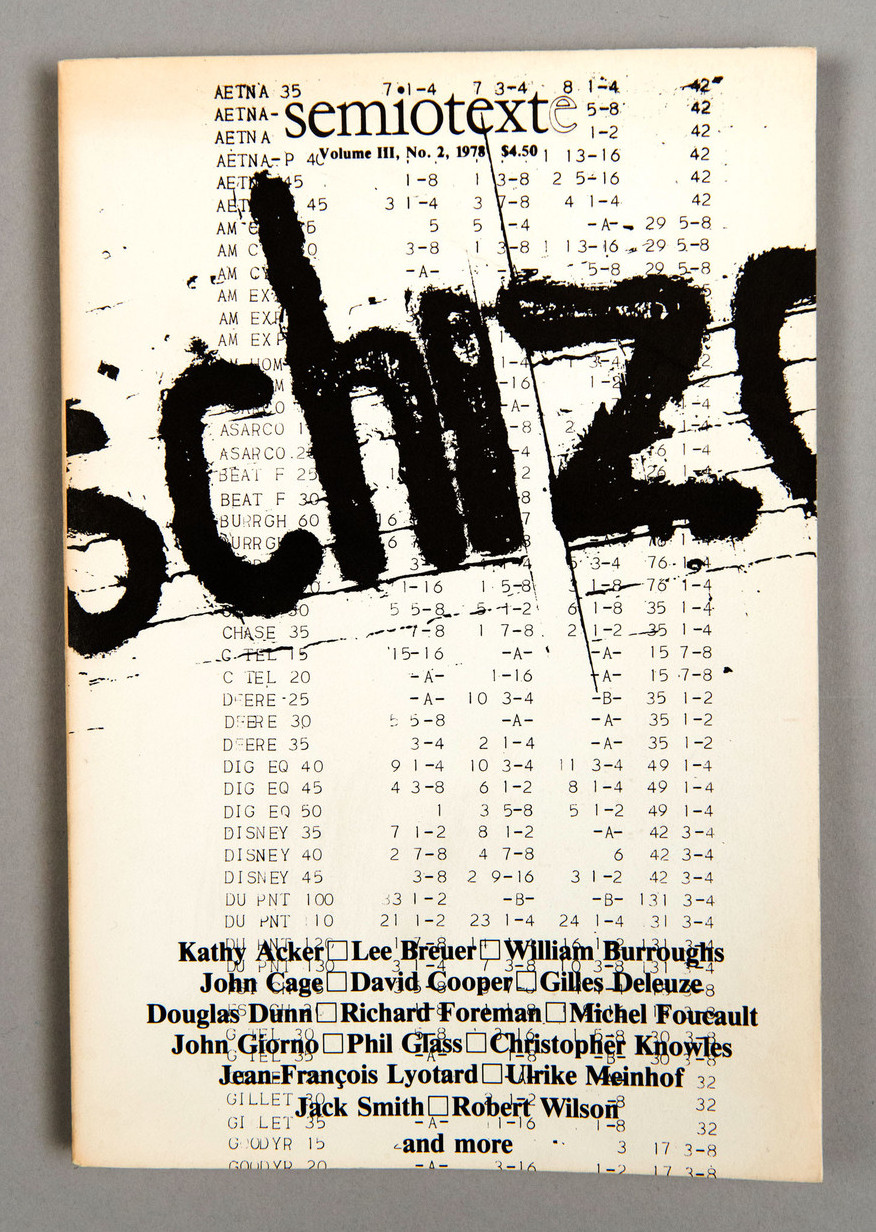Charles Bazerman: Shaping Written Knowledge: The Genre and Activity of the Experimental Article in Science (1988)
Filed under book | Tags: · epistemology, history of science, knowledge production, linguistics, literature, physics, rhetorics, science, semiotics, social science, spectroscopy, theory, writing

The immense force of scientific knowledge in our world has in recent years commanded the attention of a number of scholarly disciplines, ranging from the history of science to literary theory, from philosophy to the teaching of writing. Each foray into the language of science, however, has been motivated by the discipline and school of the researcher. Shaping Written Knowledge confronts scientific language more directly, by making its special character the real center of the inquiry. Original and extensive, this work will be of great interest to scholars concerned with the sociology and history of science, language theory, the history of literacy, the rhetoric of knowledge, technical writing, and the teaching of composition.
The emergence of the experimental article in science, Bazerman shows, is a response to the social and rhetorical situation of seventeenth- and eighteenth-century natural philosophy activated by the need to communicate findings and the exigencies of conflict that arise from communication. The appearance of the argumentative forms of scientific writing are coincident with the rise of the scientific community and the development of experimental procedures. All three interactively structure each other. Bazerman shows that later developments of the experimental article, in both the physical and social sciences of the twentieth century, have been made within the contexts of various disciplines. An understanding of what forces have shaped the experimental report, what functions the features were designed to serve, and the impact of rhetoric on the rest of scientific activity help to evaluate all statements of knowledge and increase our ability to make intelligent writing choices.
Edited for digital presentation by Patricia Klei
Publisher University of Wisconsin Press, Madison, Wisconsin, 1988
ISBN 0299116905, 9780299116903
356 pages
publisher
ebook publisher
google books
PDF (updated on 2012-6-13)
PDF (alt)
Semiotext(e), 3(2): Schizo-Culture (1978)
Filed under journal | Tags: · anti-psychiatry, capitalism, linguistics, literature, philosophy, politics, power, psychoanalysis, schizoanalysis, schizophrenia, semiotics

“Semiotext(e) began in 1974 as a journal started by French philosopher Sylvère Lotringer in an effort to bridge radical French theory and the intellectual and art worlds of New York City. The original editorial board included ten people, mostly graduate students at Columbia University where Lotringer teaches, who chipped in fifty dollars apiece to get the journal started. They held their first conference in 1975: the Schizo-Culture conference on prisons and madness. Speakers included Gilles Deleuze, Félix Guattari, Michel Foucault, and Jean-François Lyotard, now all staples of the Semiotext(e) backlist.” (from Wikipedia)
With contributions by Kathy Acker, Lee Breuer, William Burroughs, John Cage, David Cooper, Gilles Deleuze, Douglas Dunn, Richard Foreman, Michel Foucault, John Giorno, Phil Glass, Christopher Knowles, Jean-Francois Lyotard, Ulrike Meinhof, Jack Smith, Robert Wilson, and others.
Edited by Sylvère Lotringer
Publisher Semiotext(e), New York, 1978
ISSN 00939579
221 pages
PDF (8 MB, updated on 2013-12-8)
See also Semiotext(e), 3(1): Nietzsche’s Return (1978).
Comments (2)Éric Alliez, Andrew Goffey (eds.): Guattari Effect (2011)
Filed under book | Tags: · aesthetics, anthropology, deterritorialization, ecology, economics, linguistics, media, media theory, philosophy, politics, psychoanalysis, sociology

“The Guattari Effect brings together internationally renowned experts on the work of the French psychoanalyst, philosopher and political activist Félix Guattari with philosophers, psychoanalysts, sociologists, anthropologists and artists who have been influenced by Guattari’s thought.
Best known for his collaborative work with Gilles Deleuze, Guattari’s own writings are still a relatively unmined resource in continental philosophy. Many of his books have not yet been translated into English. Yet his influence has been considerable and far-reaching. This book explores the full spectrum of Guattari’s work, reassessing its contemporary significance and giving due weight to his highly innovative contributions to a variety of fields, including linguistics, economics, pragmatics, ecology, aesthetics and media theory. Readers grappling with the ideas of contemporary continental philosophers such as Badiou, Žižek and Rancière will at last be able to see Guattari as the ‘extraordinary philosopher’ Deleuze claimed him to be, with his distinctive radical ideas about the epoch of global ‘deterritorialization’ we live in today, forged within the practical contexts of revolutionary politics and the materialist critique of psychoanalysis.”
Publisher Continuum, 2011
ISBN 1441121978, 9781441121974
224 pages
PDF (updated on 2012-7-15)
Academia.edu (added on 2016-3-11)

